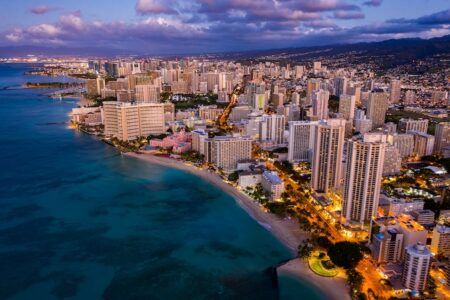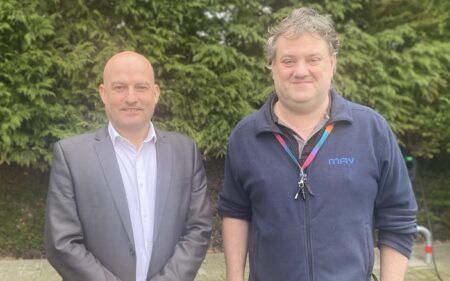Traffic in central Madrid is now subject to strict environmental restrictions after the city authorities announced that from March 1, new traffic and speed restrictions will apply when nitrogen dioxide levels threaten to get too high. Locals refer to the almost permanent pall of traffic fumes hanging over Spanish capital as ‘the beret’; a grey layer of exhaust emissions that blots out the city’s blue skies on still days. Campaign group, Ecologists in Action, estimates that air pollution, mainly due to traffic fumes, causes 2,000 deaths a year in Madrid, a city of 3.2 million inhabitants, where there is about one vehicle for every two people according to official figures. The new regulations put into effect on Sunday mean that high levels of air pollution will trigger automatic traffic restrictions in the capital in response to criticism from environmentalists and repeated threats of sanctions from the European Union (EU) over breaching air safety standards.
Ecologists in Action claim that in the first two weeks of January this year, Madrid had already exceeded one of the EU’s annual health limits for poisonous nitrogen dioxide (NO2) gas in the air, making it the sixth year in a row that the city had breached the limit since the current EU regulations came into force in 2010. As Madrid risks big EU fines for the breaches, the new rules establish warning levels, which if they are sustained, will lead to a progressive implementation of restrictions leading up to a ban on access to the city center for some vehicles. If the level of 250 micrograms of NO2 per cubic meter of air is reached on a single day, or if it is recorded at a level of 200 micrograms for two consecutive days, warnings will be issued urging drivers to leave cars at home and speed limits will be lowered on major road arteries. If NO2 concentrations remain high the following day, only neighborhood residents will be allowed to use parking meters in the city center. A third consecutive day of high pollution levels, city authorities will restrict access by 50%, with a total ban on vehicles with either odd- or even-number license plates.
The head of Madrid’s environmental department, Diego Sanjuanbenito, has blamed the nitrogen dioxide problem on the city’s high proportion of diesel-powered vehicles, estimated at 70%, which are cheaper to run than gasoline cars. “I think there is an excessive use of vehicles in cities, and that of course includes Madrid,” Sanjuanbenito said. “But if you banned diesel vehicles here, that would be extraordinarily costly, and families in Madrid could not handle it at short notice.” The city has already restricted access for some diesel vehicles to parts of central Madrid, a move that is planned by other cities, such as London and Paris. Last year, Madrid authorities also deployed ‘intelligent parking meters’ that charge a higher rate for more polluting vehicles.




